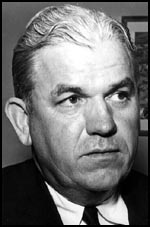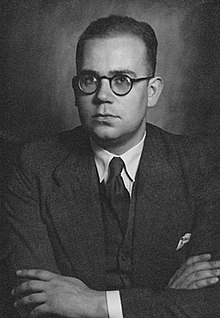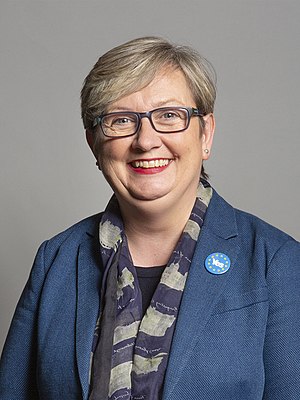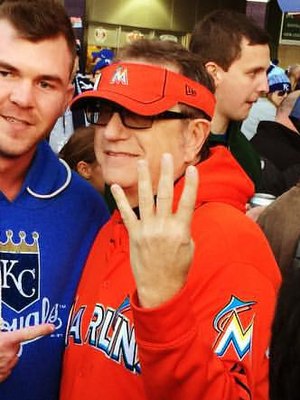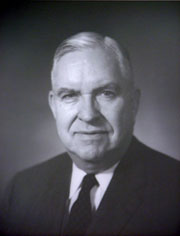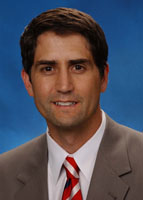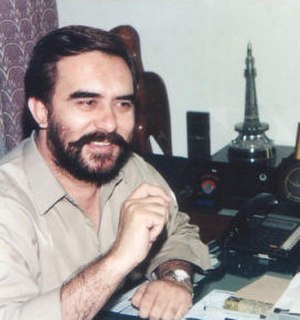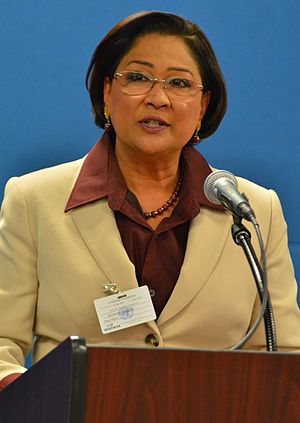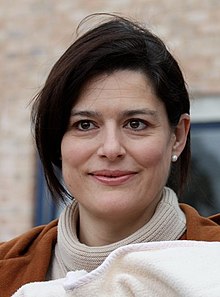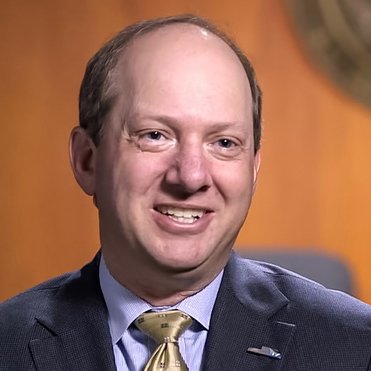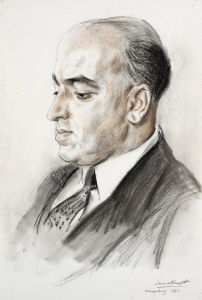Over the years, he has held several important positions in the Government of India and the Society, such as: Additional Solicitor General of India (December 1989 – 1990); Member, Board of Management, Indira Gandhi National Open University (1993); President, Supreme Court Bar Association (1995–96, 1997–98 and 2001–2002); Member, Rajya Sabha (July 1998); Member, Executive Council, Institute of Constitutional and Parliamentary Studies (July, 2001); Member, Business Advisory Committee (August, 2001); Member, Committee on Home Affairs (January, 2002); Co-chairman, Indo-US Parliamentary Forum (2002); Member, Board of International AIDS Vaccine Initiative (2002); Member, Programme Board of the Bill & Melinda Gates Foundation's Indian AIDS initiative (2003); Member, Working Group on Arbitrary Detention set up by the Human Rights Commission, Geneva.



